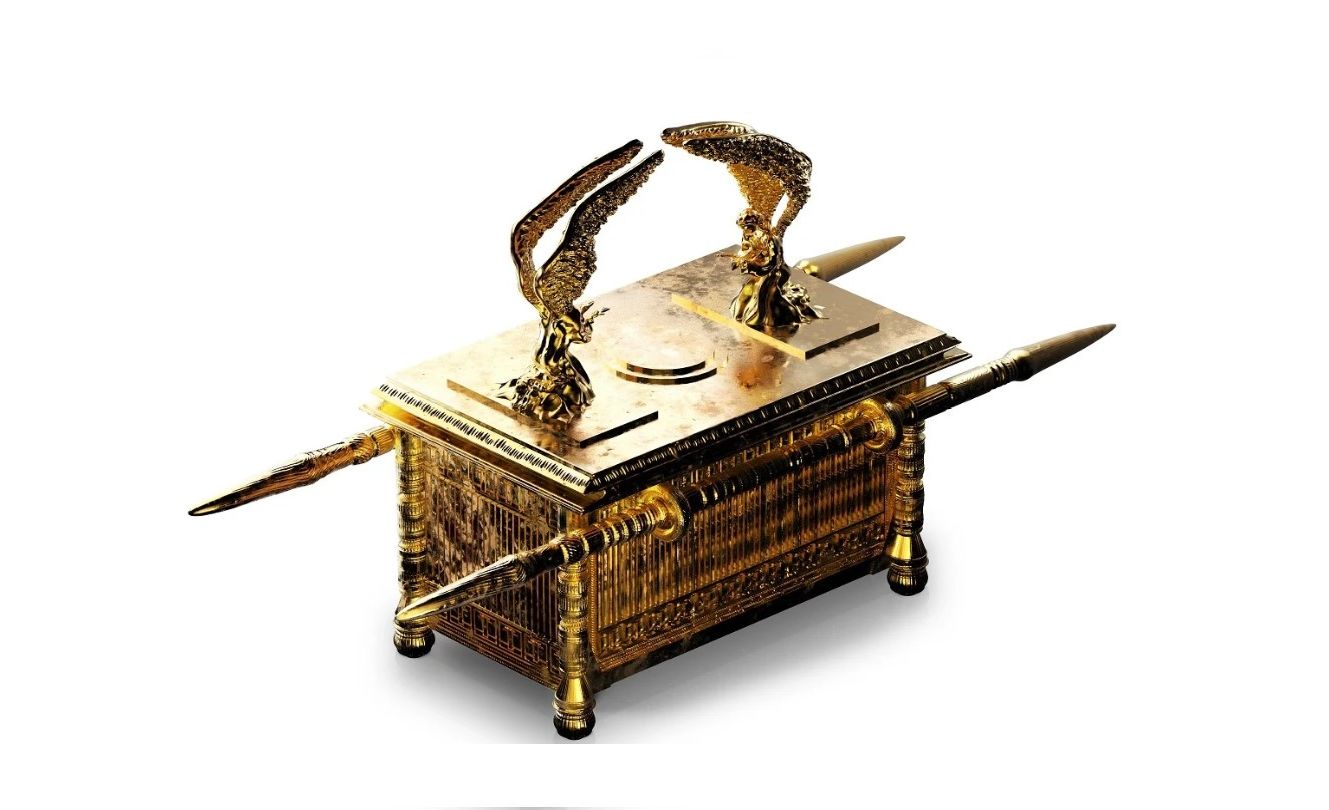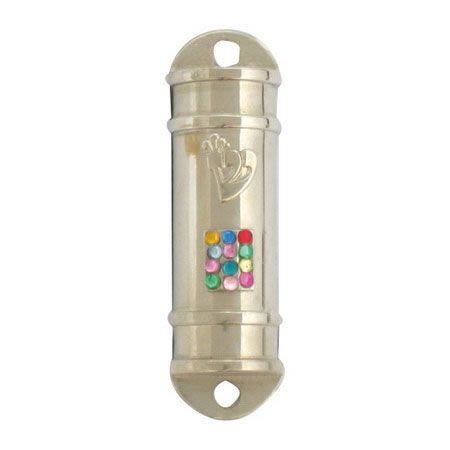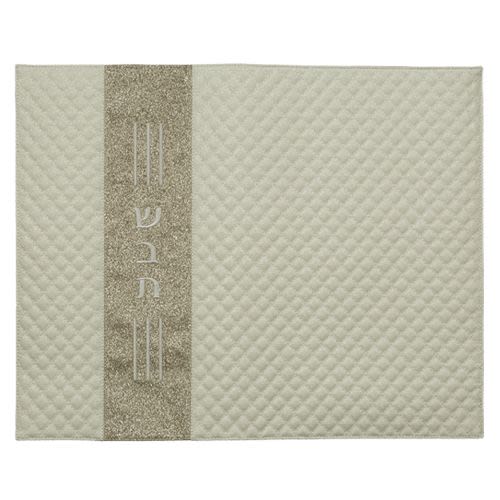
Va’etchanan: Tangible Emuna
We should never be ashamed of asking Hashem for even the simplest material requests, especially if we need them for a mitzvah...

The Way to Achieve Emuna
“For which is a great nation that has a God Who is close to it, as is Hashem, our God, whenever we call to him?” (Devarim 4:7).
Moshe (Moses) exhorts the Children of Israel to remember that God is close to His people and listens to their pleas.
A young yeshiva student visited the Chazon Ish in Bnei Brak. The Chazon Ish told him: “Sometimes we see a person who is completely observant of Torah and mitzvot abandon everything. Everyone thinks this change occurred suddenly. But although that person's spiritual decline never expressed itself through actions, his inner emuna, faith, was weak. He only gave the impression of being religious until eventually he couldn’t keep up the front and stopped the façade.”
On the trip home, the yeshiva student asked himself, “What did the Chazon Ish mean? What did he see wrong with me?” He decided to return to Bnei Brak and ask the Chazon Ish for an explanation.
He returned to the Chazon Ish the following day, prepared to ask why he had been given such strong words of reproach. The Chazon Ish was expecting him and greeted him with a smile. “I’ll explain what I meant," he said. "Emuna needs constant strengthening. Even a person who was born and raised with emuna, must continue to strengthen his emuna, otherwise it will automatically weaken. And if a person's emuna becomes weakens, who knows where that person might end up?
“How do we strengthen emuna?" the Chazon Ish asked. "Through living with tangible emuna!”
The Chazon Ish brought an example: The Talmud tells a story of Rav Huna who owned four hundred barrels of wine that turned into vinegar. Rav Huna went to the Sages and they advised him to look into his deeds.
Rav Huna asked them: “Am I suspect in your eyes?”
The Sages told him: “Do you suspect the Holy One would punish unjustly?”
Rav Huna had no idea of what he did wrong. “Perhaps you know something,” he said.
The Sages suggested that it was because he did not give his sharecropper a share of the branches pruned from the vines in addition to his share of the profits.
Rav Huna agreed to rectify any wrongdoing and the vinegar turned back to wine! Some say that the price of vinegar went up and was sold for the same price as wine (Berachot 5b).
“If our wine were to spoil," said the Chazon Ish, “we would look for the natural reason. Our Sages, however, viewed things from a different perspective. They lived with tangible emuna. They looked for the spiritual causes. They knew that the only way to solve a problem was to repair its spiritual root. Someone who lives with tangible emuna does not attribute his suffering to ‘accidents!’
“The way to achieve tangible emuna is by always ask Hashem for everything that we need".
“If you need a new pair of shoes, stand in a corner and say: ‘Hashem, see my torn shoes and help me find the money to buy new shoes.’ The same applies for everything. In this way you will internalize the realization that Hashem gives you everything. This is how we acquire tangible emuna” (Quoted in Lekach Tov).
At All Times
Readers of BreslevIsrael are well aware that Rebbe Nachman emphasized the concept of Hitbodedut. Many people, though, seem to think Hitbodedut is just for Breslover Chassidim! Nothing could be further from the truth!
Rabbi Greenhouse (quoted in Lekach Tov) points out that the Chofetz Chaim often writes that we must seek Hashem at all times and in our natural language, and not only during the set times of prayer. These prayers should be said with the intent that they rise to Heaven through the "gate of prayer," just like the Shemoneh Esrei prayer that we recite from the Siddur.
The Talmud states (Berachot 63a): “Bar Kaparah interpreted a verse. Which is the small verse that the entire Torah depends upon? ‘In all your ways you shall know Him and He will straighten your path’ (Mishlei 3:6).”
Rabbeinu Yona explains that with whatever we want to do or achieve, we must know Him, in other words we should turn to Him, and He will help us succeed. Whether it’s a small, seemingly trivial problem or a life-changing decision, we should implore Him in all our ways.
People think that we must beseech Hashem for important, earth shattering events, while it is not proper to "bother" God when it comes to insignificant everyday matters. Rabbeinu Yona teaches us that we should also turn to Hashem for the "small stuff."
The Thief and His Prayer
“Rav Pappa said: A thief prays to God at the mouth of the tunnel he digs” (Berachot ad. loc.). Although the thief is about to steal, he asks for Divine assistance! He transgresses because he cannot resist the temptation, yet he still has a connection with Hashem. Of course it would be better for him to stop stealing, but as long as he understands that he needs Hashem’s help for everything, there is still hope for him.
When the thief realizes that Hashem answers his prayers, his connection with Hashem could be strengthened to the point where he’ll be embarrassed to ask Hashem for help in transgressing. The thief might come to think, "If Hashem fulfills even evil requests, how much more so will He give me good things." As long as the thief continues to believe in God and pray to Him, there is hope he will turn away from his evil path.
We, too, pray for Divine assistance when we're “at the mouth of the tunnel. Yes, we must work on overcoming our weaknesses, but we can also appreciate having made the connection to Hashem!
Make it Real
We should never be ashamed of asking Hashem for even the simplest material requests, especially if we need them for a mitzvah or out of necessity. Although at first our prayers may lack depth, as we learn to perceive Hashem's Divine providence, we'll develop a deep relationship with the Almighty. As Rabbeinu Yona writes: “By accustoming ourselves to this, we acquire trust in God” (Mishlei ad. loc.).
There are no atheists in foxholes. It is human nature to turn to Hashem when we or our loved ones are in trouble. But we should turn to Hashem at every moment, and not just at times of crisis. After all, everything depends on Hashem and remembering that strengthens our connection to Hashem and helps attain tangible emuna.











Tell us what you think!
Thank you for your comment!
It will be published after approval by the Editor.